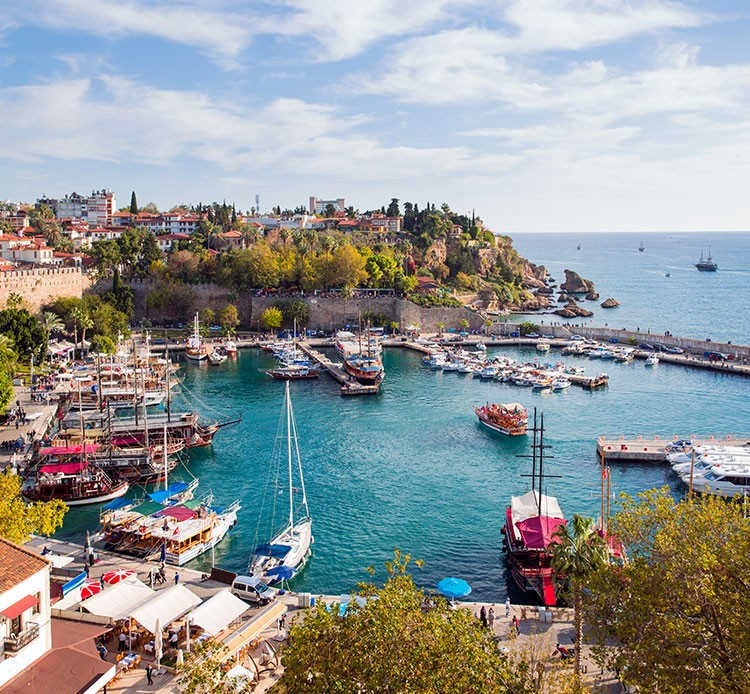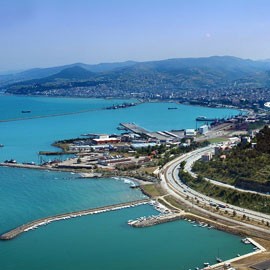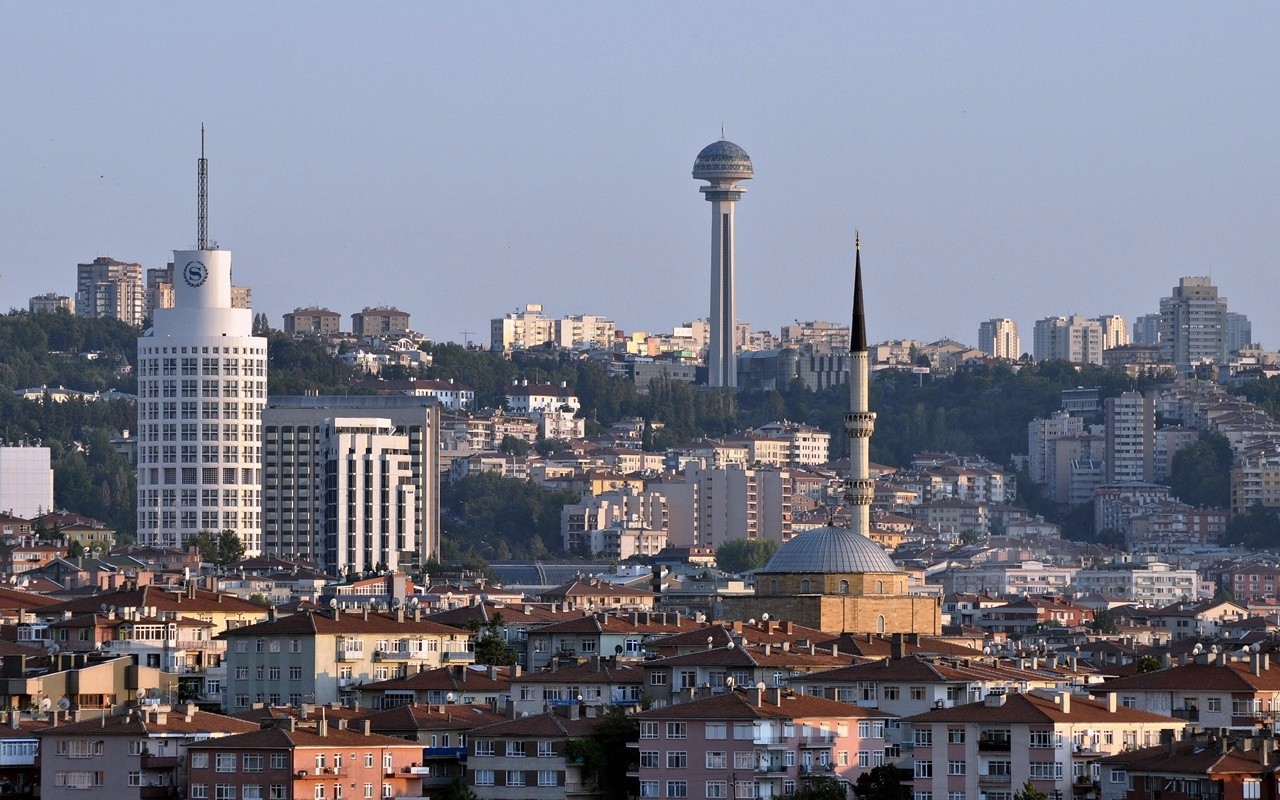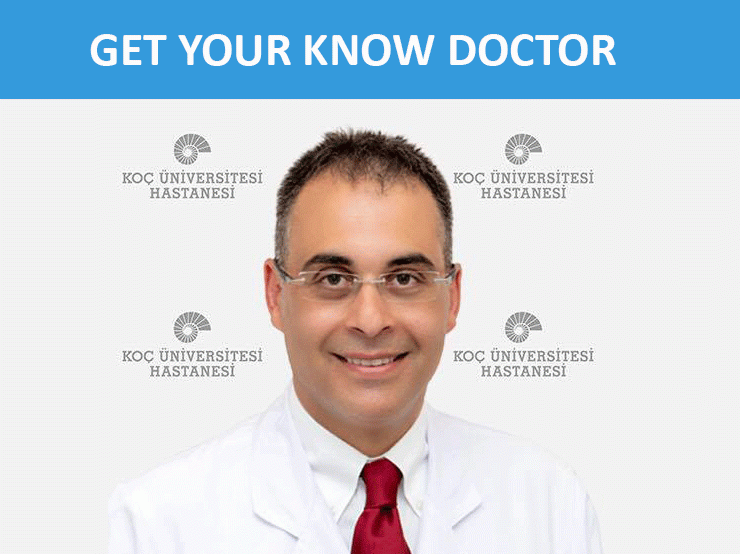All Inclusive Treatment
We are taking care of your reports, flight, accomodation, transfer, flight and etc..

Consultation
Turmeda provides counseling and consultation to each patient. Just contact with us and send your medical reports to get your medical treatment plan from our high expert doctors.

Transfer
We understand that arriving in a new country can be exciting! That's why a friendly Turmeda representative and a transfer car will assist you at the airport and during your vacation.

Accommodation
The Accommodation Service exists to help you in your search for a hotel or a rental home. We will arrange it for you from thousands of contracted hotels.

Companion
When traveling abroad, travelers can experience many issues due to the language barrier. Our friendly translator will be with you as long as you need it.

Home Care
Turmeda arranges the most comfortable home care service for you. We arrange a home care person who will care all your needs during your stay.

Sightseeing
Making the best use of the opportunity of traveling abroad, Turmeda will give you a lovely sightseeing tour of the city just for free.




